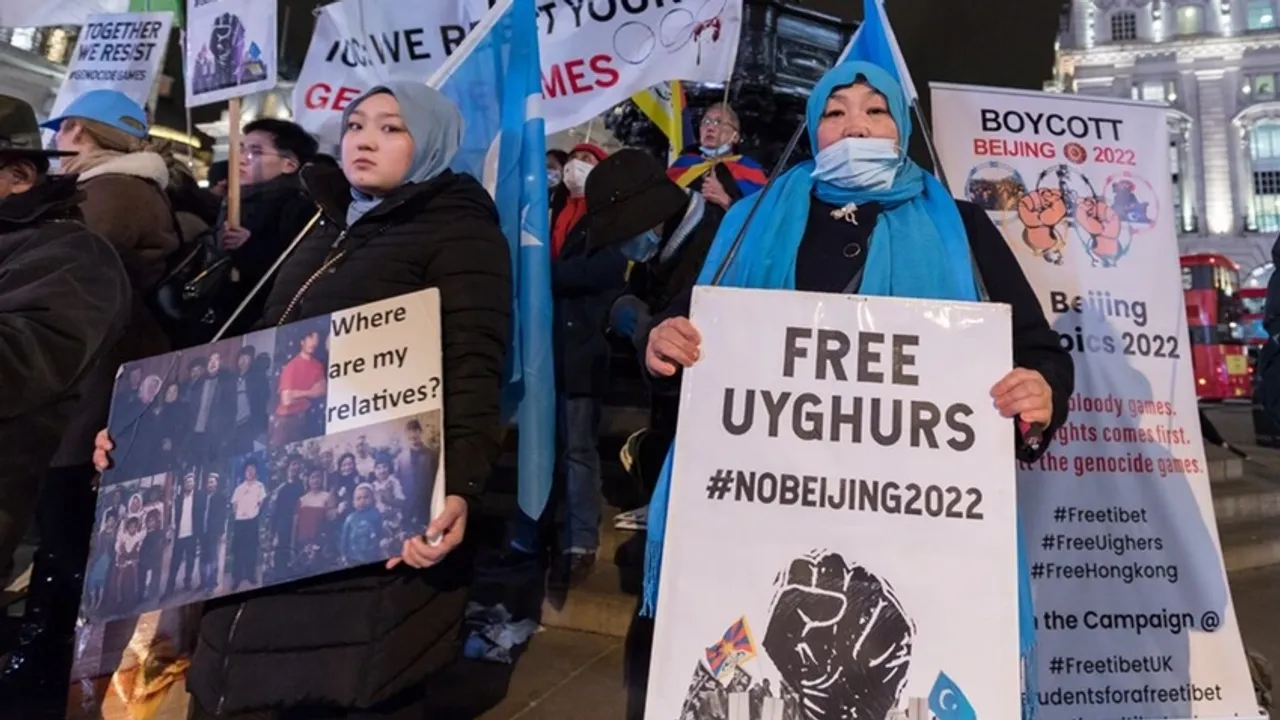Assimilation move from China. Uighurs are expected to act in accordance with 'Chinese traditions' from education to architecture
China is in the process of implementing a new regulation on Uyghurs' religious practices and public spaces. This regulation stipulates that "Chinese traditions" must be followed in a wide range of areas in the region, from education to architecture.
China, which is on the agenda with its human rights violations against the Xinjiang Uyghur Autonomous Region, is preparing to implement new rules for the Muslim minority in the region.
According to the Chinese newspaper Global Times, a new regulation was adopted by the Xinjiang Standing People's Committee to "prevent organizations and individuals from spreading religious terrorism and extremism". Accordingly, "undermining national unity, disrupting public order and obstructing governance, justice, education and other state systems in the name of religion" will be prevented.
China's new move against the US. China bans exports of technologies for processing rare metals, 70 percent of which it producesNew move from China against the US. China bans exports of technologies for processing rare metals, 70 percent of which it producesWorld
While Beijing argues that Xinjiang is "experiencing violent terrorism that uses religion as a tool," the Global Times quoted unnamed "experts" as saying that the new regulations take into account religious freedoms guaranteed in the Chinese constitution.
Religious schools will now "follow Chinese traditions" in education, the report said. Architecture is also among the areas where the new regulation will intervene. Newly built, restored or expanded religious sites will have to reflect Chinese traditions in architecture, sculpture, painting and decoration.
With a population of 10 million, Uighurs are the second largest Muslim minority after the Hui in China, where 23 million Muslims live.
Since President Xi Jinping ordered the "Chineseization" of religions in 2016, Christian and Muslim groups in particular have been under intense surveillance. According to the Australian Strategic Policy Institute, the number of mosques destroyed or damaged in Xinjiang is 16,000. This figure corresponds to 65 percent of all Islamic places of worship in the country.
ALLEGATIONS OF HUMAN RIGHTS VIOLATIONS
The United Nations (UN) Committee on the Elimination of Racial Discrimination recently demanded that China urgently investigate allegations of human rights violations against Uyghurs in Xinjiang. Human rights violations such as torture, harassment, sexual violence, forced labor, disappearances and murder in custody are frequently on the agenda in the region.
China has long cracked down on religious practices in Tibet as well as the Uyghurs. Beijing has been pursuing a policy of "Chineseization" since the 1950s when it annexed Tibet. Especially since 2022, Chinese authorities have increasingly pressured Tibetan monks not to recognize the Dalai Lama as their supreme spiritual leader.












